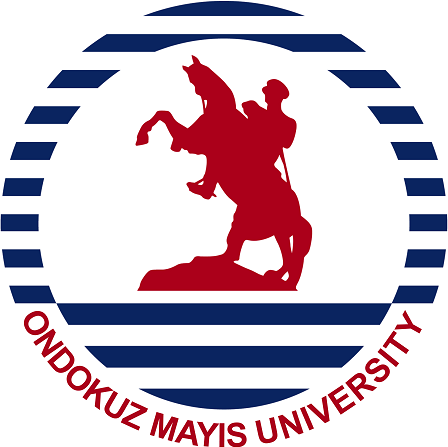
General Description
Veterinary anatomy is a branch of science concerned with the bodily structure of animals. The primary goal of our department is to teach students about the body and the anatomical structures of animals.
Our department presents a dissecting room, cadaver preparation room, cold storage room, bone maceration room, and a research laboratory. A stereo microscope attached with a digital camera is used for subgross studies.
We use systematic and topographic methods in anatomy courses. Anatomy-I course teaches basic anatomical terminology, locomotor system and, nervous system. Anatomy-II course teaches the shape, structure, and normal position of internal organs, as well as the morphological characteristics of circulatory system organs and sense organs. Finally, students learn fundamental anatomical structures for clinical interventions through the Topographic Anatomy course.
Research Interests
The majority of our research focuses on the anatomies of laboratory and wild animals. Teratology, anatomical development from embryo to adult, and racial differences between species are also of interest to our research. We frequently use techniques such as corrosion cast, lymphography, angiography, and arthrography in our studies.
Department of Veterinary Anatomy Staff



